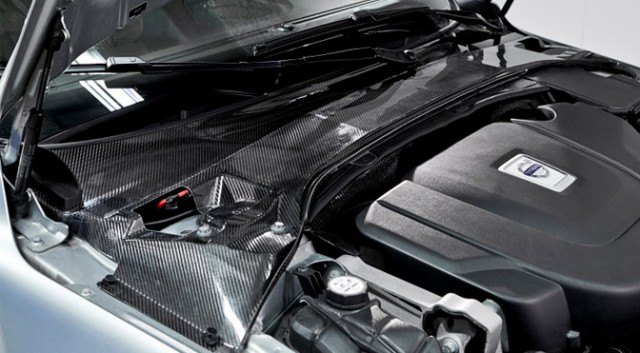#Supercapacitors
Volvo Capacitive Carbon Fiber Panels Could Replace Batteries, Save Weight In EVs & Conventional Cars
That CFRP cowl panel is really storing electricity.
BMW is using carbon fiber composite unibodies for the electric i3 and i8 models to reduce their weight, thereby increasing their range. Now, Volvo is using carbon fiber in a novel way for EVs. Using carbon fiber it has developed a composite material that acts as a capacitor, storing electrical energy, so theoretically body panels and structural components could act as battery equivalents. Unlike conventional batteries, which add weight to a vehicle, the carbon fiber capacitive body panels wouldn’t just power the vehicles but also reduce weight.
Are Graphene Micro-Supercapacitors An EV Gamechanger?
Energy density isn’t the only reason why battery-powered cars have never caught on. As was highlighted in Tesla’s somewhat less than successful media road trip, the amount of time it takes to fill batteries with electrons can be as significant a factor in the practicality of EVs as the amount of electrons those batteries can hold.

















Recent Comments